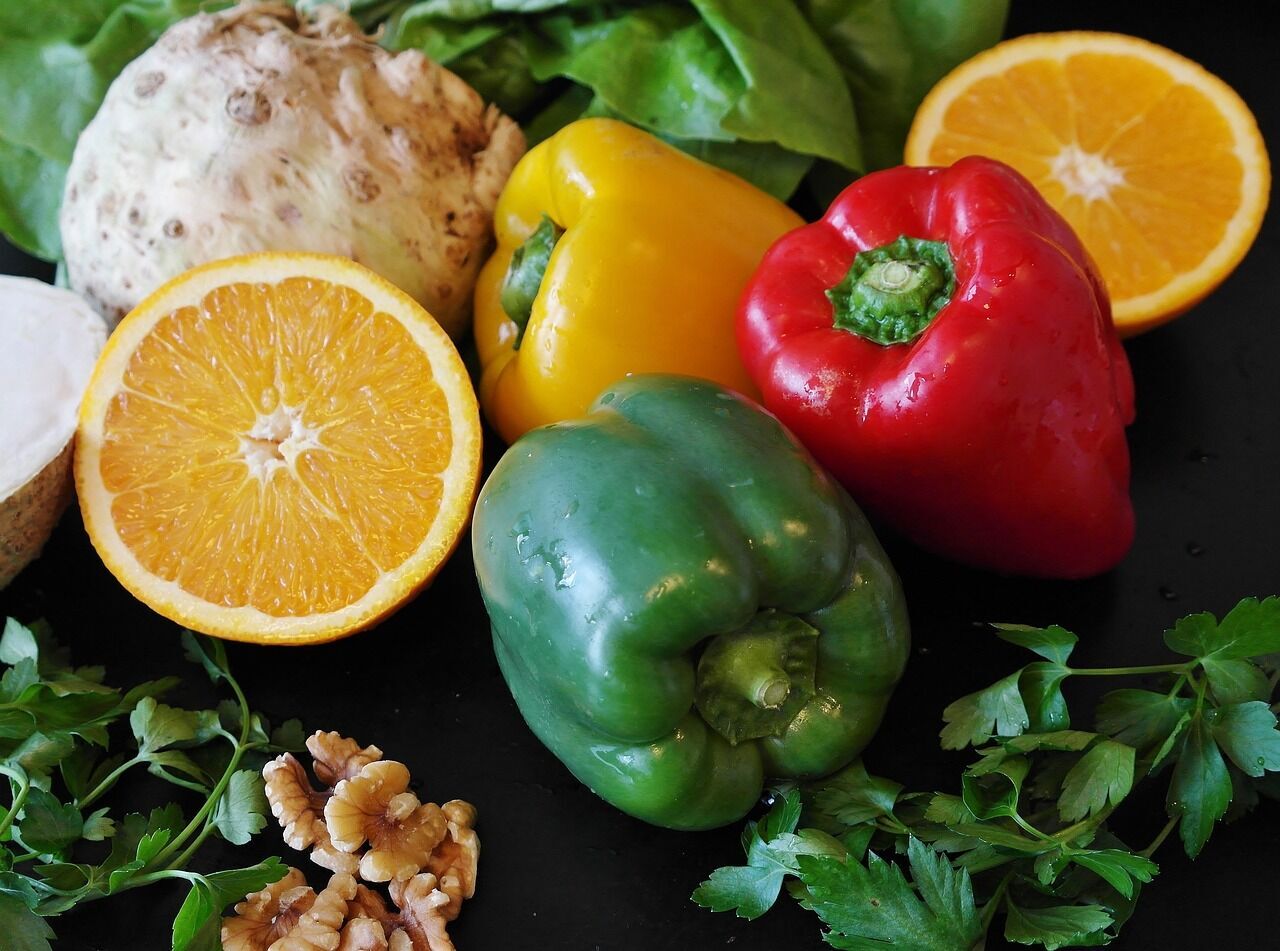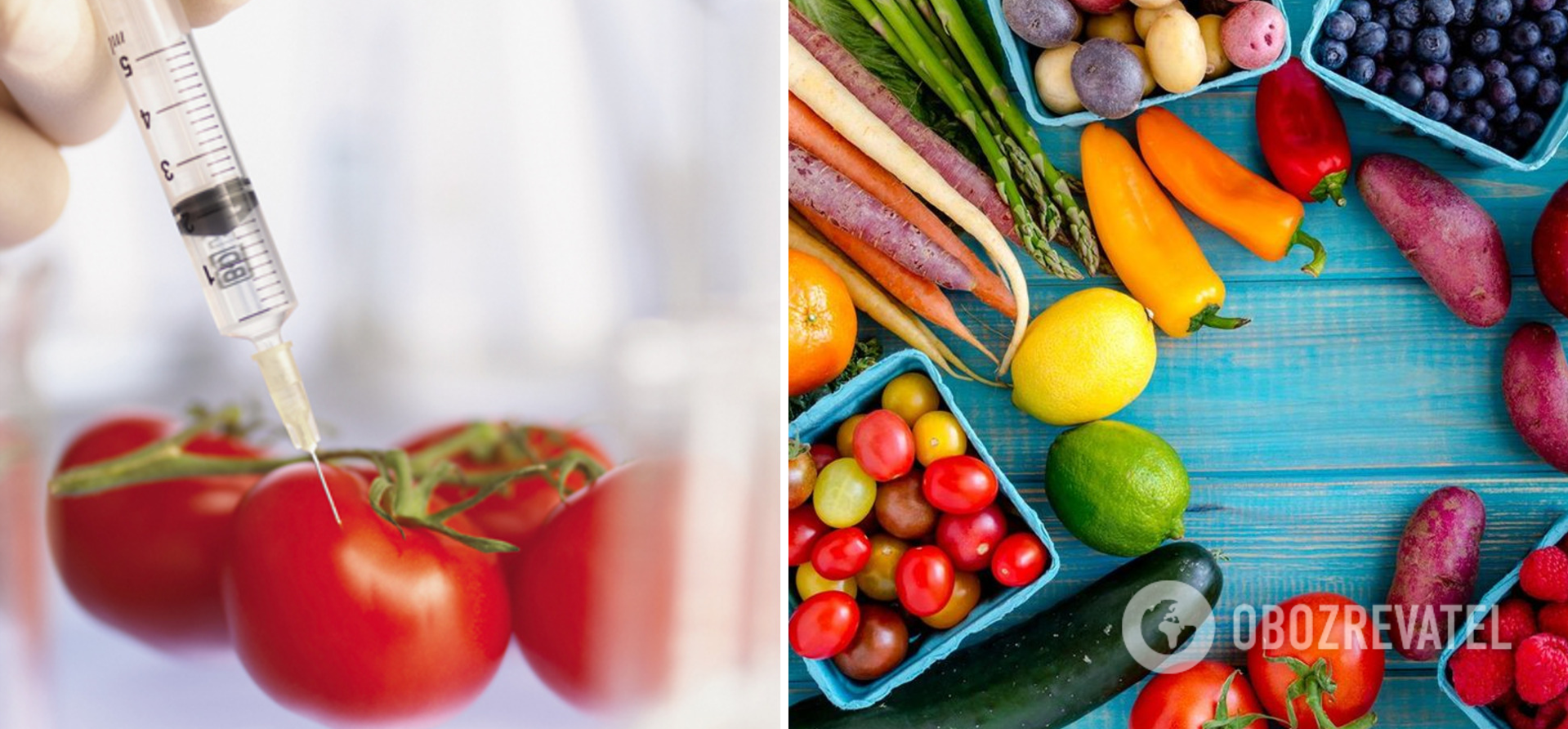Food
How to recognize nitrates in fruits and vegetables and neutralize them: the main rules
Modern technology has made it possible to increase the yield of fruits and vegetables to a great extent. Unfortunately, in most cases, it is impossible to do without impurities and nitrates, which often cause food poisoning.
FoodOboz has gathered information for you and will tell you how to recognize nitrates in fruits and vegetables and how to neutralize them.
It's worth noting right away that it's not possible to completely get rid of nitrates in fruits and vegetables. But there are a few rules that will help to significantly reduce their amount.
- Wash fruits and vegetables thoroughly before cooking. Ideally, the top layer should be cut off, and the green unripe areas of potatoes and carrots should be removed. This is especially true for early produce, which is particularly rich in nitrates.
- You can also soak vegetables or fruits in cold water for 15-20 minutes.
- Before eating a vegetable or fruit dish, you can take vitamin C – it prevents the formation of nitrosamines in the body.
- Heat treatment removes most of the nitrates, but you should not rely on them. After all, they are not all that effective.
The most common way to help neutralize nitrates in foods is to soak them. Soak fruits and vegetables in a bowl of water, lemon juice, and sea salt (1 tsp is enough). This water can wash away pesticide deposits if the skin cannot be peeled off.
Note:
It is best to buy produce that is grown outdoors. This is because greenhouse fruits and vegetables are limited by sunlight and have a low content of vitamins and minerals. In addition, greenhouse fruits are most often treated with pesticides and fertilized with growth stimulants.
And remember that unnaturally large vegetables and fruits contain the most nitrates. Watermelons, melons, cabbage, potatoes, parsley, dill, radishes, lettuce, sorrel, spinach, rhubarb, carrots, celery, and beets are especially poisonous. It is better to stay away from these.






























